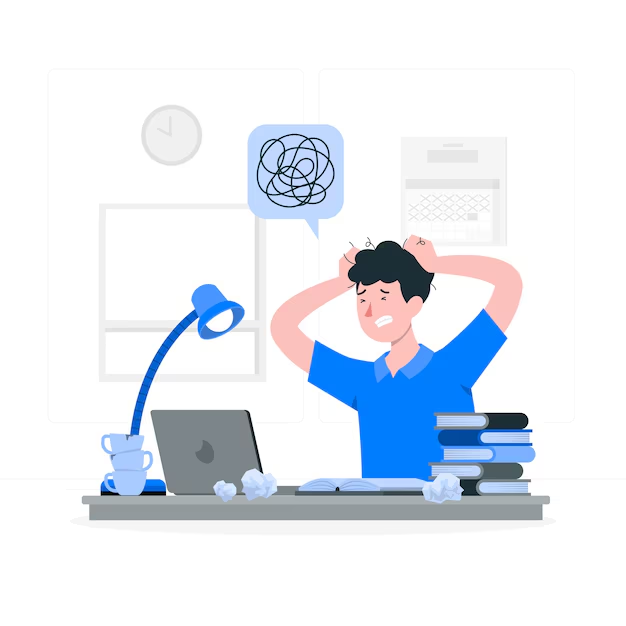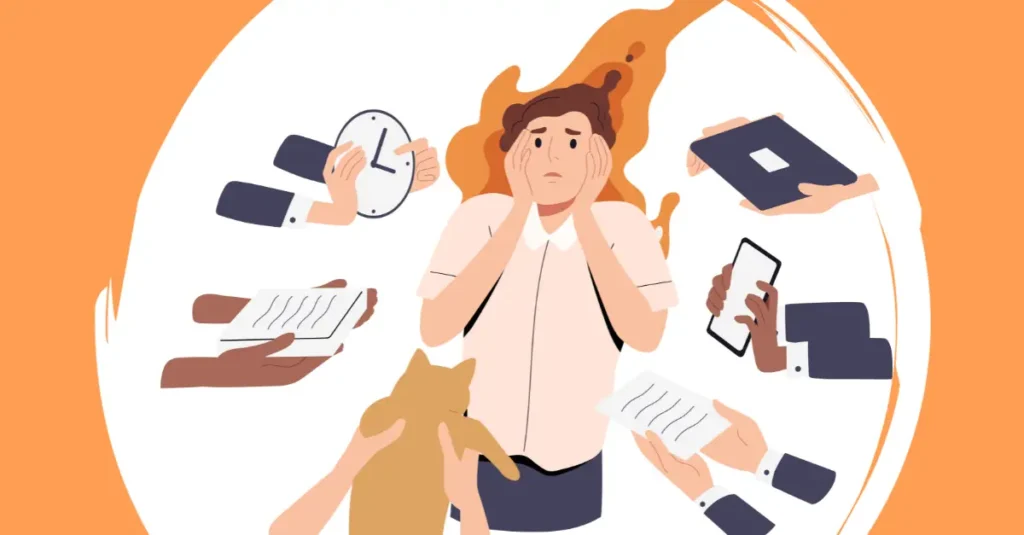Introduction
Humans process information in ways that often reinforce pre-existing beliefs. This cognitive tendency, known as confirmation bias, influences decision-making, problem-solving, and even everyday interactions. Understanding confirmation bias is crucial for fostering critical thinking and making informed choices.

Read More- How Confirmation Bias is Destroying Your Relationship
What is Confirmation Bias?
Confirmation bias refers to the tendency of individuals to favor information that supports their existing beliefs while ignoring or downplaying contradictory evidence (Nickerson, 1998). It occurs across various domains, including politics, science, and personal decision-making. This cognitive bias can lead to distorted thinking, reinforcing false beliefs and preventing objective analysis of facts.

Why Does Confirmation Bias Occur?
Confirmation bias arises due to cognitive limitations, emotional influences, and social conditioning. The following psychological mechanisms contribute to its existence:
- Cognitive Efficiency: The human brain seeks shortcuts to process vast amounts of information efficiently. By relying on familiar patterns, people conserve mental energy (Klayman & Ha, 1987).
- Emotional Comfort: Accepting new, contradictory information can cause discomfort or cognitive dissonance. People tend to avoid such mental strain by seeking information that aligns with their existing views (Festinger, 1957).
- Social Influence: Cultural and social environments reinforce certain beliefs. Exposure to like-minded communities or media further strengthens biased perspectives (Stroud, 2008).
How Does Confirmation Bias Affect Us?
Confirmation bias impacts various aspects of life, including:
- Decision-Making: People tend to make choices based on prior beliefs rather than objective analysis, leading to suboptimal decisions (Lord, Ross, & Lepper, 1979).
- Media Consumption: Individuals selectively engage with news sources that support their political or ideological views, contributing to polarization (Garrett, 2009).
- Scientific Research: Researchers may unintentionally favor evidence that supports their hypotheses, affecting the objectivity of scientific findings (Mahoney, 1977).
- Interpersonal Relationships: Misunderstandings arise when individuals interpret others’ statements or actions through their own biased lenses (Nickerson, 1998).

When Does Confirmation Bias Occur?
Confirmation bias is more likely to occur in situations involving strong emotions, complex issues, and personal beliefs. It is particularly prevalent when:
- Evaluating Political Information: People favor news or studies that align with their political ideology (Taber & Lodge, 2006).
- Investing and Financial Decisions: Investors may ignore negative data about stocks they own, leading to poor financial choices (Fischhoff, Slovic, & Lichtenstein, 1977).
- Legal and Judicial Processes: Jurors and lawyers may interpret evidence in ways that confirm their pre-existing notions about guilt or innocence (Risinger et al., 2002).
- Health and Medical Choices: Patients often seek medical information that supports their preferred treatment options while dismissing alternative perspectives (Redelmeier & Shafir, 1995).
Overcoming Confirmation Bias
Although confirmation bias is a natural cognitive process, awareness and proactive strategies can help mitigate its effects:
- Critical Thinking: Actively questioning one’s assumptions and seeking diverse perspectives can reduce biased thinking (Stanovich & West, 2008).
- Use Structured Decision-Making: In professional settings, use frameworks that require considering multiple perspectives before making decisions.
- Fact-Checking and Opposing Views: Engaging with evidence that contradicts one’s beliefs can promote balanced decision-making (Lewandowsky et al., 2012).
- Encouraging Open Discussions: Constructive debates with people holding different viewpoints can challenge personal biases (Kunda, 1990).
- Seek Diverse Perspectives: Actively expose yourself to information and opinions that challenge your beliefs.
Conclusion
Confirmation bias shapes how people perceive and process information, often reinforcing pre-existing beliefs. By understanding what it is, why it occurs, how it affects decision-making, and when it is most likely to appear, individuals can take conscious steps to overcome it. Adopting critical thinking and embracing diverse perspectives can lead to more objective and informed choices in various aspects of life.
References
Festinger, L. (1957). A theory of cognitive dissonance. Stanford University Press.
Fischhoff, B., Slovic, P., & Lichtenstein, S. (1977). Knowing with certainty: The appropriateness of extreme confidence. Journal of Experimental Psychology: Human Perception and Performance, 3(4), 552-564.
Garrett, R. K. (2009). Echo chambers online? Politically motivated selective exposure among Internet news users. Journal of Computer-Mediated Communication, 14(2), 265-285.
Klayman, J., & Ha, Y. (1987). Confirmation, disconfirmation, and information in hypothesis testing. Psychological Review, 94(2), 211-228.
Kunda, Z. (1990). The case for motivated reasoning. Psychological Bulletin, 108(3), 480-498.
Lewandowsky, S., Ecker, U. K., Seifert, C. M., Schwarz, N., & Cook, J. (2012). Misinformation and its correction: Continued influence and successful debiasing. Psychological Science in the Public Interest, 13(3), 106-131.
Lord, C. G., Ross, L., & Lepper, M. R. (1979). Biased assimilation and attitude polarization: The effects of prior theories on subsequently considered evidence. Journal of Personality and Social Psychology, 37(11), 2098-2109.
Mahoney, M. J. (1977). Publication prejudices: An experimental study of confirmatory bias in the peer review system. Cognitive Therapy and Research, 1(2), 161-175.
Nickerson, R. S. (1998). Confirmation bias: A ubiquitous phenomenon in many guises. Review of General Psychology, 2(2), 175-220.
Redelmeier, D. A., & Shafir, E. (1995). Medical decision making in situations that offer multiple alternatives. JAMA, 273(4), 302-305.
Risinger, D. M., Saks, M. J., Thompson, W. C., & Rosenthal, R. (2002). The Daubert/Kumho implications of observer effects in forensic science: Hidden problems of expectation and suggestion. California Law Review, 90(1), 1-56.
Stanovich, K. E., & West, R. F. (2008). On the failure of cognitive ability to predict myside bias and one-sided thinking biases. Thinking & Reasoning, 14(2), 129-167.
Stroud, N. J. (2008). Media use and political predispositions: Revisiting the concept of selective exposure. Political Behavior, 30(3), 341-366.
Taber, C. S., & Lodge, M. (2006). Motivated skepticism in the evaluation of political beliefs. American Journal of Political Science, 50(3), 755-769.
Subscribe to PsychUniverse
Get the latest updates and insights.
Join 3,045 other subscribers!
Niwlikar, B. A. (2025, February 20). Powerful Insights Into Confirmation Bias- What, 3 Why, 4 How, and 4 When. PsychUniverse. https://psychuniverse.com/confirmation-bias/




Pingback: The IKEA Effect: 5 Reasons Why We Love the Things We Build (Even When They're Flawed) - PsychUniverse
Pingback: My Homepage